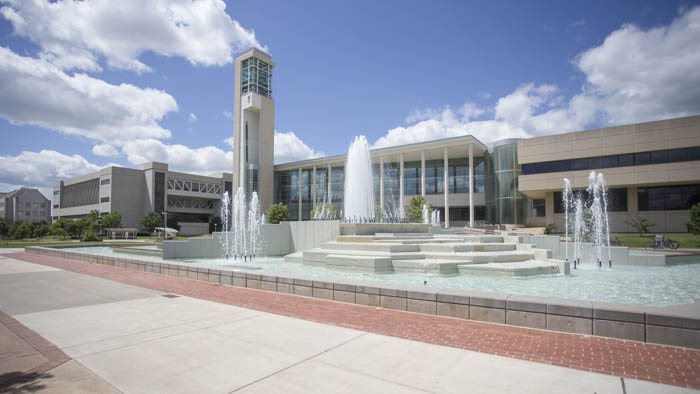
Chemistry and Biochemistry Seminar: "Modulating protein conformational changes and divalent metal binding properties to create safer Cas-based genome tools"

- Date and time
- 3:35 PM - 4:25 PM, October 18, 2023
- Description
By: Dr. Monday Okoronkwo, Missouri University of Science and Technology
The production of conventional cement is an energy- and CO2-intensive process, contributing to over 8% of the global anthropogenic CO2 emissions. To reduce the carbon footprint of cement and concrete, efforts are increasingly directed toward developing sustainable low-carbon alternative cementitious materials. Chemistry is at the heart of such efforts, helping us to understand what forms when cements react with water (hydration), and how they may impact the properties and performance of the resulting cement-based products. Through such understanding, the design and optimization of new alternative cements are enabled. This talk will present some of our work in understanding the hydration reactions and the development of phase assemblages and properties of some candidate low-carbon alternative cements, including blended cements, alkali-activated cements, sulfoaluminate cement, and carbonated cements.
- Event sponsor
- Chemistry and Biochemistry Department
- Admission
Free
- Open to public, alumni, current students, faculty, future students, staff
- Location
Additional information
- Event contact
- Keiichi Yoshimatsu
- Associate Professor
- KYoshimatsu@MissouriState.edu
- 417-836-5613
- Visit website
